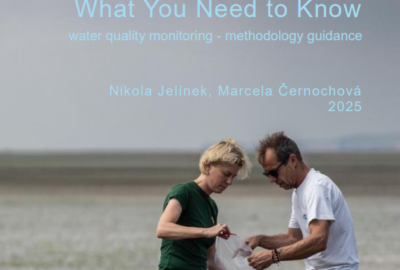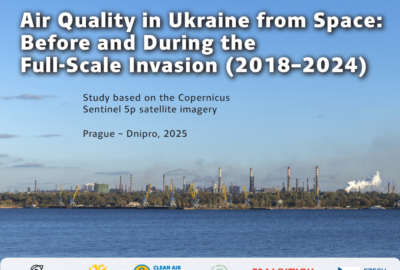A large number of countries are failing in adhering to the agreed provisions of the international Aarhus Convention on environmental democracy. While the post-Soviet and Western Balkan states struggle with law enforcement, some EU members have come to weaken previously set standards. This conclusion is based on shadow reports published by non-governmental organizations. Delegates representing the signatory countries have gathered in Budva, Montenegro for a triennial meeting of the parties this week.
Access to information, public participation in decision-making and independent judiciary in environmental matters; all of these have the governments of EU member states, along with candidate countries and post-Soviet states promised to protect. a. However, space for the civil society is shrinking in many countries and citizens are unable to attain justice, shadow reports of non-governmental organizations say.
“In post-Soviet countries and the Western Balkans, many citizens’ rights remain on paper only. The laws often read progressive, but in reality, state authorities hide information and data, discourage the public from participating in decision-making, and justice is unenforceable. Legal protection in the EU is much stronger, but in some countries we can observe large cuts of citizens’ rights in legislative procedures,” explains Martin Skalsky, an expert on public participation from Arnika, a Prague based non-governmental organization, which coordinated the preparation of the situation analysis in Bosnia and Herzegovina, Belarus, Kazakhstan and the Czech republic.
What will Budva bring
The non-governmental organizations present their analysis at the 6th Meeting of the Parties to the Aarhus Convention, taking place from 11 till 15 September in Budva, Montenegro. The shadow reports show that the reality is often shockingly different from what is written on paper. Environmental NGOs have wide experience from solving particular cases and are in touch with local communities, so their evaluation mirrors the issues that ordinary citizens are facing. They request the governments to keep their promise and secure democratic space for decision-making on environmental issues.
“Governments should take the point of view of citizens’ organizations into account when assessing implementation of the Convention in the respective countries and planning future steps,” Martin Skalsky explains. ”In case of repeating issues or notorious infringers, the citizens expect that international mechanisms will work to enforce the principles of informational openness, democratic nature of decision-making and access to justice,” he claims.
Arnika – Martin Holzknecht, International PR: +420 602 850 912, martin.holzknecht@arnika.org
All published shadow reports can be found on our website or downloaded from UNECE
Aarhus Convention: The agreement, officially named The UNECE Convention on Access to Information, Public Participation in Decision-making and Access to Justice in Environmental Matters, was adopted in the Danish city of Aarhus in 1998 and signed by 46 countries plus the European Union since then. More
Meeting of the parties (MOP) in Budva, 2017: Every three years, the environmental secretaries from the signatory countries of Aarhus Convention meet “to discuss achievements and challenges with regard to promoting effective access to information, public participation in decision-making and access to justice in relation to a wide range of issues affecting the environment.” More
The side events organized by NGOs during the MOP in Budva 2017: program here







